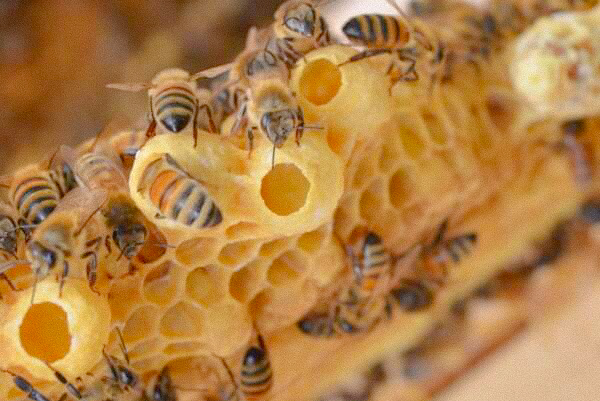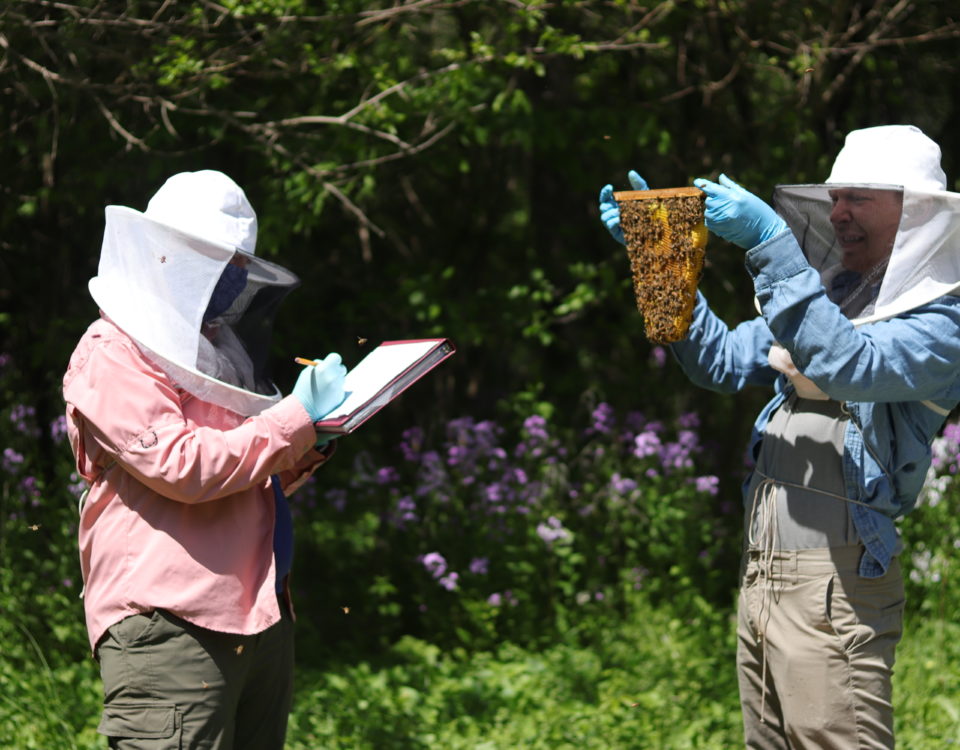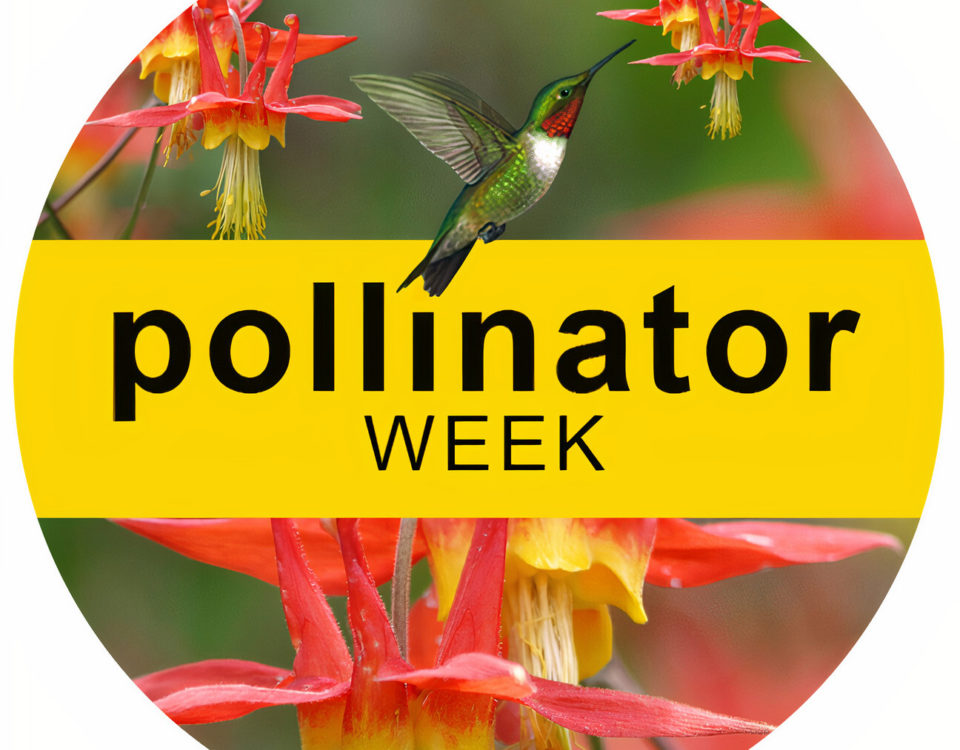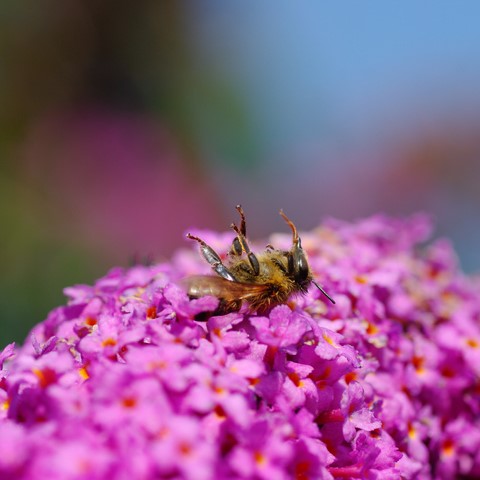- All-In-One Beekeeping for the Bees
- +1-608-728-8233
- info@beepods.com
Start a Beekeeping Club at Your High School

High school students are like bees. They are high-energy, they enjoy hands-on work, and they like caring for the planet. That’s why every high school with a beehive should have a beekeeping club to help care for the equipment, harvest and sell honey, and keep an eye on the health of the colony. In addition, students learn about bees and other insects, flora, and weather patterns. Here are a few pointers to start a beekeeping club at your school:

Pick a Sponsor For Your Beekeeping Club
While a science teacher might seem like an obvious choice, any teacher or staff member could help to start a beekeeping club at their high school. The sponsor’s duties include collecting annual dues, getting students to commit to a year of participation, teaching about risks, organizing monthly meetings, and making sure duties, such as feeding the bees, are handled.
Establish Your Club’s Purpose
Your club will be most successful if you create a mission statement. Are you trying to be a resource for the community at large? Is your club focused on discovering the joys of beekeeping? Perhaps there is a connection with a business class and selling honey and hive products is your main goal. Whatever your goal, make sure it is clearly stated and that students understand why the club exists. Once you have done this, you will be able to officially register your club with your school.
Get the Word Out
A club without members is like a movie theater without seats. Use your school’s channels of communication to let everyone know that you started a new beekeeping club at your high school. Speaking of movies, you might try showing a movie like Honeyland to get the conversation started and start attracting possible members. Put flyers around school and ask to speak to science, art, and business classes and other groups of students who may have an interest. You could also organize a trip to a nearby apiary to build interest.
Hold Club Meetings
Your students will learn best by actually getting out to the apiary and participating in beekeeping activities like hive inspections. Decide how often the club will meet and whether it will meet at lunch, after school, or on weekends. You may wish to first survey interested students to determine when the majority of them are available. If you have a large number of students and a limited number of bee suits, consider adding a second adult sponsor so you can take half out to the hive at a time. Beekeeping club meetings might focus on honey extraction, candle making, wax melting, and caring for beehives.
Set Your Club’s Budget
After the initial outlay of funds for purchasing a Beepods Beekeeping Complete System, you will need to consider other expenses. It is not uncommon to lose bees to disease over the winter. Beepods sells both 3-pound packages of bees as well as nucleus colonies. Be sure to budget for other essentials such as beekeeping suits and gloves and honey bee tea for feeding the bees. Keep records of your expenses so you can be reimbursed by your school. You will also benefit from an annual Beepods membership. Our expert beekeepers along with our Healthy Hive™ Management Software will help you keep your costs down by guiding you to maintain a healthy hive.
Plan for the Future
Always try to have some ninth and 10th graders in the club who can be mentored by older students and then become the future club leaders. It is also helpful to make video recordings of club activities to use as instructional tools for future activities. And don’t forget to have celebrations of your club’s success, such as candle making and honey tasting, where you invite non-members to experience the fun of bees.
Resources:
https://www.bishopblanchet.org/bee-club
https://blog.prepscholar.com/how-to-start-a-club-in-high-school
http://lanthorn.com/60680/news/gv-beekeeping-club-works-to-save-bees/
https://www.prue.k12.ok.us/apps/pages/index.jsp?uREC_ID=1484535&type=d&pREC_ID=1634209
Bill Polacheck
Latest posts by Bill Polacheck (see all)
- Level Up with a Beekeeping Course - September 15, 2020
- Beepods Harvest Box: Helping Your Bees Survive the Winter - September 8, 2020
- Simple Ways You Can Communicate Like a Bee - September 1, 2020



